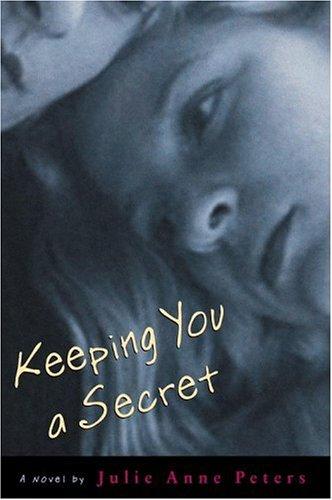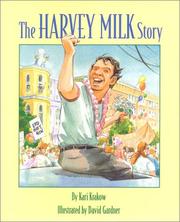
I had every intention of steering clear of this holiday, of refraining from the "this is what 2011 was like" nostalgia, of doing any kind of "looking forward to 2012" thing. So hopefully this is not that. But considering last year on this day, I was walking back from Lake Michigan, soaking wet from falling through the ice, I needed to say simply this:
2011 changed everything. Since that day at Foster Beach, I have told both my grandmothers I'm gay, excommunicated myself from the Catholic Church, moved into my own apartment, joined a writing studio, been rejected from all seven graduate schools, reapplied at the last minute (which meant writing 90 pages in less than three weeks), watched my brother come out to my family, quit both my jobs, started writing full-time, learned to play the harmonica, chopped off all my hair into a Mad Men do, started a blog and a website, became a radio essayist with NPR, had an incredible partnership with a beautiful woman, landed an editorial internship with The Stranger, and planned a move to Seattle.
During that time, Steve Jobs passed away, Charlie Sheen went off the deep-end, and Osama bin Laden and Moammar Gadhafi were killed. There was an over-publicized royal wedding, under-publicized police brutality, and national protesters. We saw an American Snowpacalypse, a Japanese earthquake, and a Somalian famine. Every previous and current political figure was accused of sexual harassment. The News of the World closed. The 10 year anniversary of 9/11 passed. The remaining Iraqi troops were pulled. The phrase "debt-ceiling" was used more in 2011 than any other year in history combined.
It was all kinds of crazy, but the year really did kick a lot of ass. And everyone knows that the Mayans are right. We've got until December 21st to take risks, take chances, take trips, take opportunities, and give 'em hell. So 2012: bring it on.








.jpg/225px-JudyBlume2009(cropped).jpg)

